Voyaging by flight is generally expensive regardless of what airlines you choose. In fact, a significant amount of money is spent more on actually getting to a destination by flight than at the destination. So, why is this? I suppose I’m not the only one who’s wondered about this question, but you’d be surprised to know that, as much as you may think flights are expensive they have many reasons for being so.
Disclaimer – In the following blog all figures have been taken conservatively, so the results may not be accurate.
Factors
The price an individual pays for their flight depends on many factors, starting from, the travelling distance, time of flight, demand for a flight, the timing of purchase and many more. These factors are all taken into account. Moreover, it’s worth mentioning that during certain periods of the year such as Christmas or Summer ticket prices spike up because of the supply and demand phenomenon. Many people would want to travel during this time so airlines just increase prices to compensate on demand for their flights. You can’t forget these times are crucial for airlines as this is when they also significantly grow in their revenue. These are, however, conditions we are in control of, but if we go behind the scenes, there is plenty more going on which is no longer in our control but it’s just how the system works.
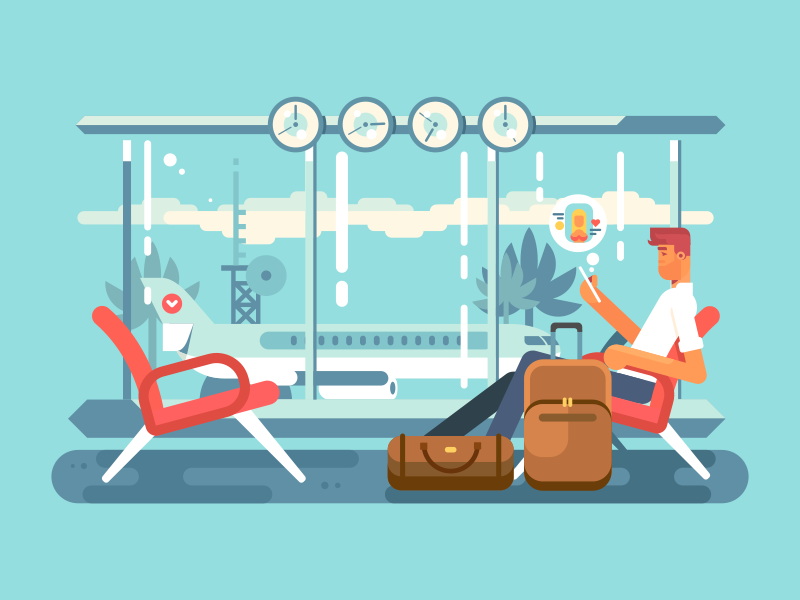
Fuel & Competition
For an aircraft to run, it needs fuel. In the aviation industry, many airlines are operating different types of flights, and each uses separate volumes of fuel depending on the time the flight travels. So, for argument’s sake, I’ll just focus on the Trans-Atlantic journey from the UK to New York, more specifically direct flights from LHR to JFK. There are 5 airlines which travel through this route and they are as follows:
- Delta Airlines
- Air France
- British Airways
- KLM
- Virgin Atlantic Airlines
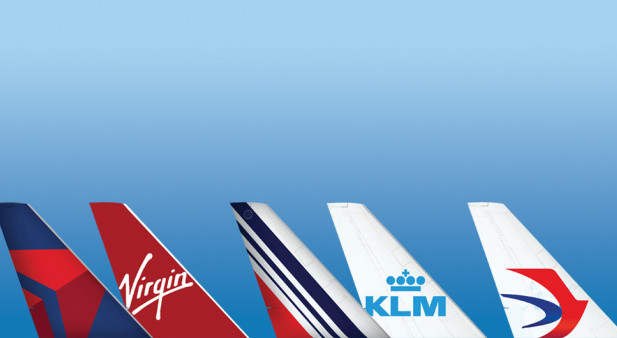
The primary reason flights following this route are expensive is because of competition. With these many airlines trying to offer their customers a flight, the airlines would need to use their business strategies so they get more customers flying for them. For example, airlines can reduce prices, however, this would mean the company makes less money. This, in turn, becomes difficult for that company to pay for their employees and personnel staff. Think about it, how many people work at an airport?
Anyway back to the fuel, so for a transatlantic journey, the flight would need enough fuel to travel 3,443.25 miles and some extra fuel which gets regulated before every flight. This firstly means that there needs to be an aircraft suitable to hold that much fuel. Unsurprisingly, many aircraft operate with the ability to store enough fuel so that wouldn’t be a problem. To narrow this down, even more, I’ll focus just on British Airways and more specifically the Boeing 777-300er which is the most common flight they use for journeys between LHR to JFK.
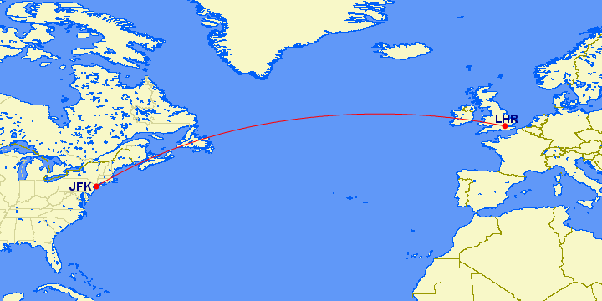
A Boeing 777-300er is a remarkable flight which can seat up to a maximum of 365 passengers so let’s assume the plane is fully loaded, thus, the per person fuel efficiency would be 81 mpg. According to a website called Statista, the price of fuel is $2 per gallon (£1.50). Therefore, this means each individual travelling from LHR to JFK is spending approximately only $42(£31.41) for fuel. This is incredible! Hypothetically, if the same transatlantic journey was done by car, it would both cost and take up significantly more time.
Cost of Construction of Flight
As you would expect, aircraft’s are extremely expensive to construct. Believe it or not, the Boeing 777-300er is $320.2 million; so to produce a profit they would need to find ways to make more than the cost of the flight. This depends on how many cycles the flight has done. A flight cycle is basically, one flight. Generally, the Boeing 777-300er is used for long haul flights and it can fly up to 15 hours when fully loaded with fuel. Over time, when certain flights get used up a lot, they lose their reliability and they become more difficult to maintain. So, after a flight’s maximum amount of cycles, they will put them aside so newly produced flights come into action. Hence, for argument’s sake (again) let’s assume a certain Boeing 777-300er has been in the industry for almost 18 years and had travelled for around 20000 cycles, meaning it flew from point A to B 20000 different times. Additionally, this means the flight has travelled 1100 times a year. Furthermore, by dividing the cost of constructing the flight with the number of cycles you’d get a result of $16,010(£11,973), which has to be devoted to paying off the initial price of the flight. This works out to a cost of just below $44(£32.91) per person. Not as expensive as you thought right.

Taxes
Then comes the taxes. I’m not going into depth of what exactly the taxes you pay are because there are numerous taxes involved in the flight process. Moreover, as I previously mentioned, everything depends on factors here, so even this relies on things like aircraft type, destination or airline.
Maintenance
Maintenance of flights is like servicing your car and due to their many flight cycles, they also require rest and care. There are four different types of checks, A, B, C and D. As the alphabet increases both the intensity and time spent on managing the flight increases. Both A and B are considered to be light maintenance checks with B being the slightly more intensive one. However, C and D are considered significantly more heavy in terms of maintenance and cost. The cost of check D is almost $4.5 million(£3,365,392.50) and it occurs between every 6-10 years. I’ll leave the math to you this time. If you look at it in terms of each ticket it shouldn’t cost too much.
Personnel
Most of the chunk of the money is actually spent on giving salaries to staff. As I said before, many people work in running the aviation industry. From the core business part of the industry to even janitors, all staff get paid and all the money we collectively spend on flights eventually becomes someone else’ pay-check.
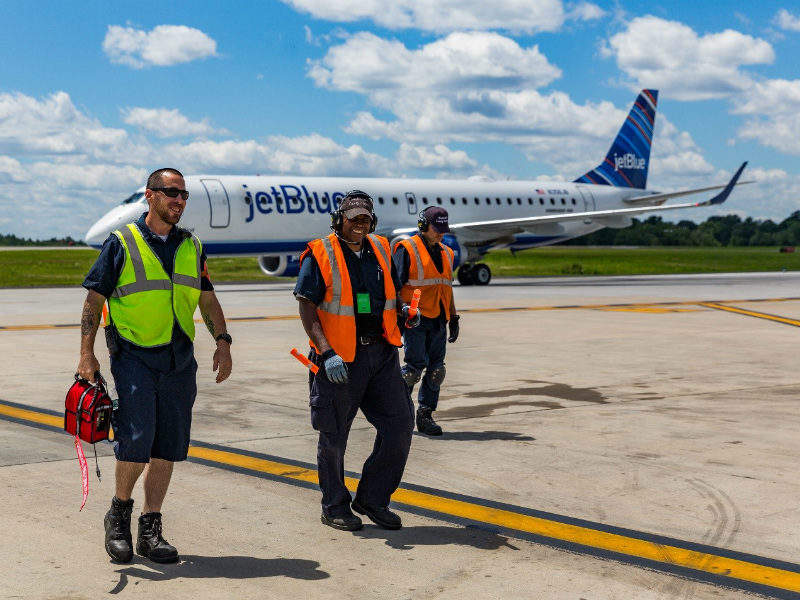
At the end of the day, most of your money spent on your ticket is for airline and airport salaries. All the money basically goes to various businesses. These businesses are for our societies benefit. Moreover, the money spent changes on many factors out of our control so let’s just appreciate the way things are because for me I see flight prices as very reasonable. So what do you think? Are flight prices expensive?
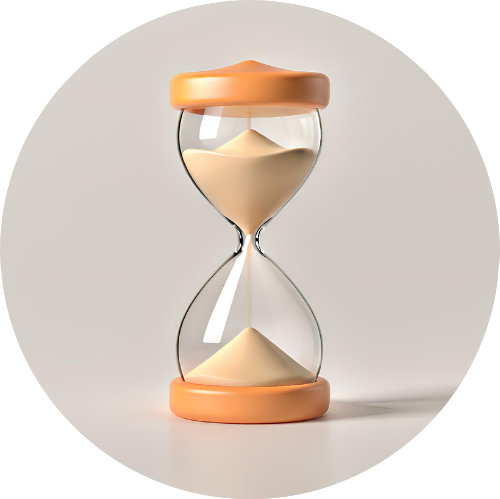

Leave a Reply